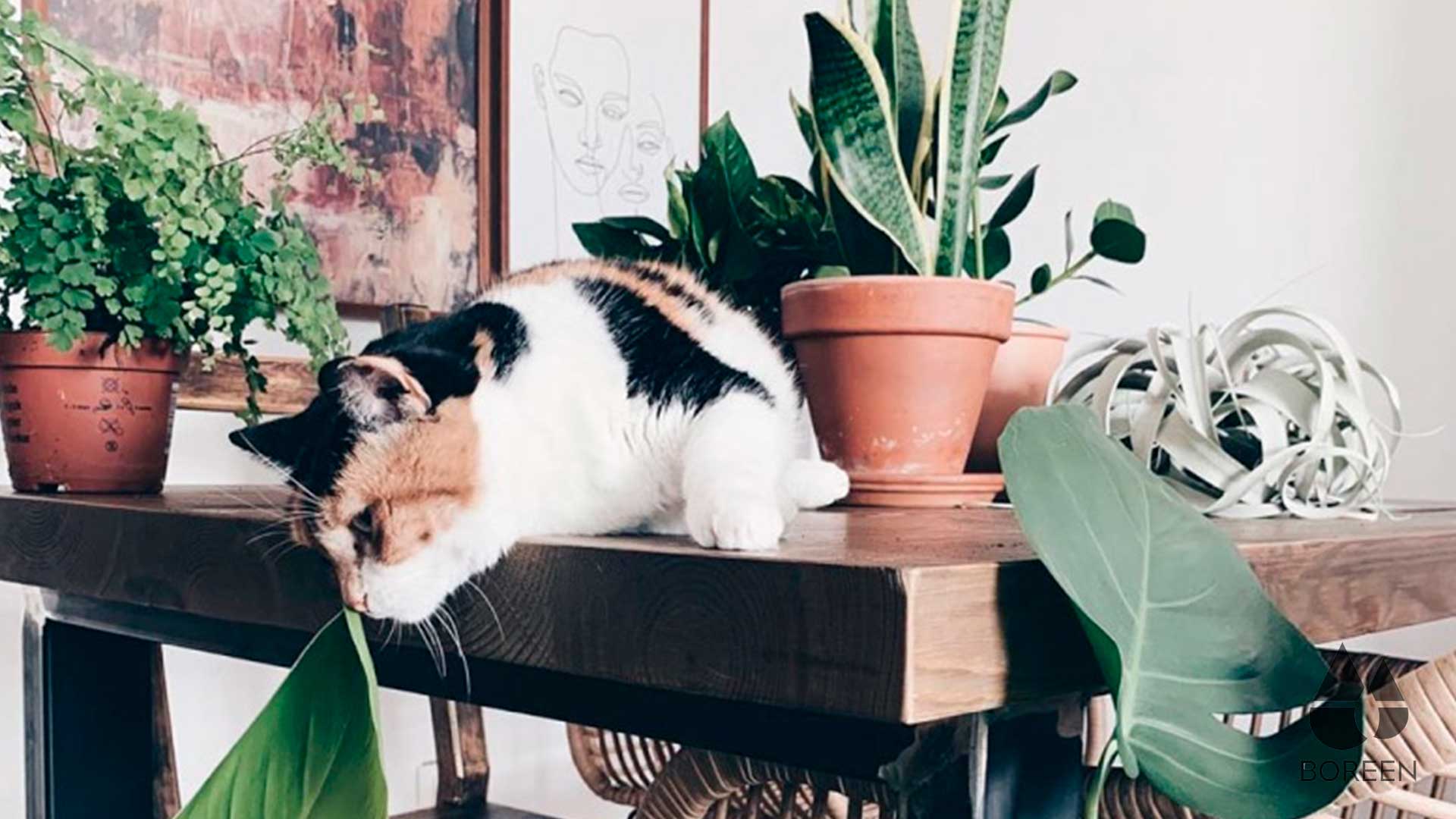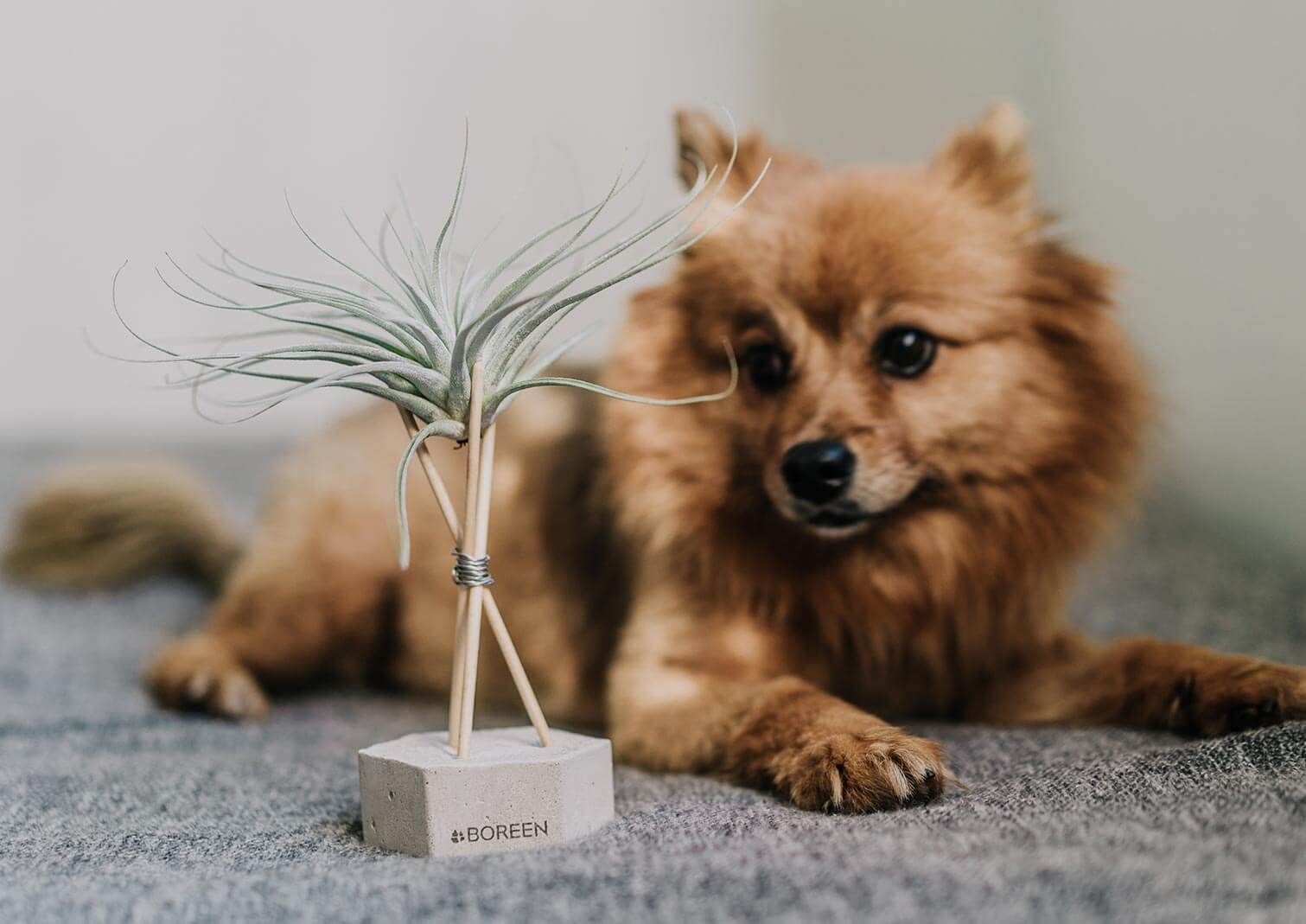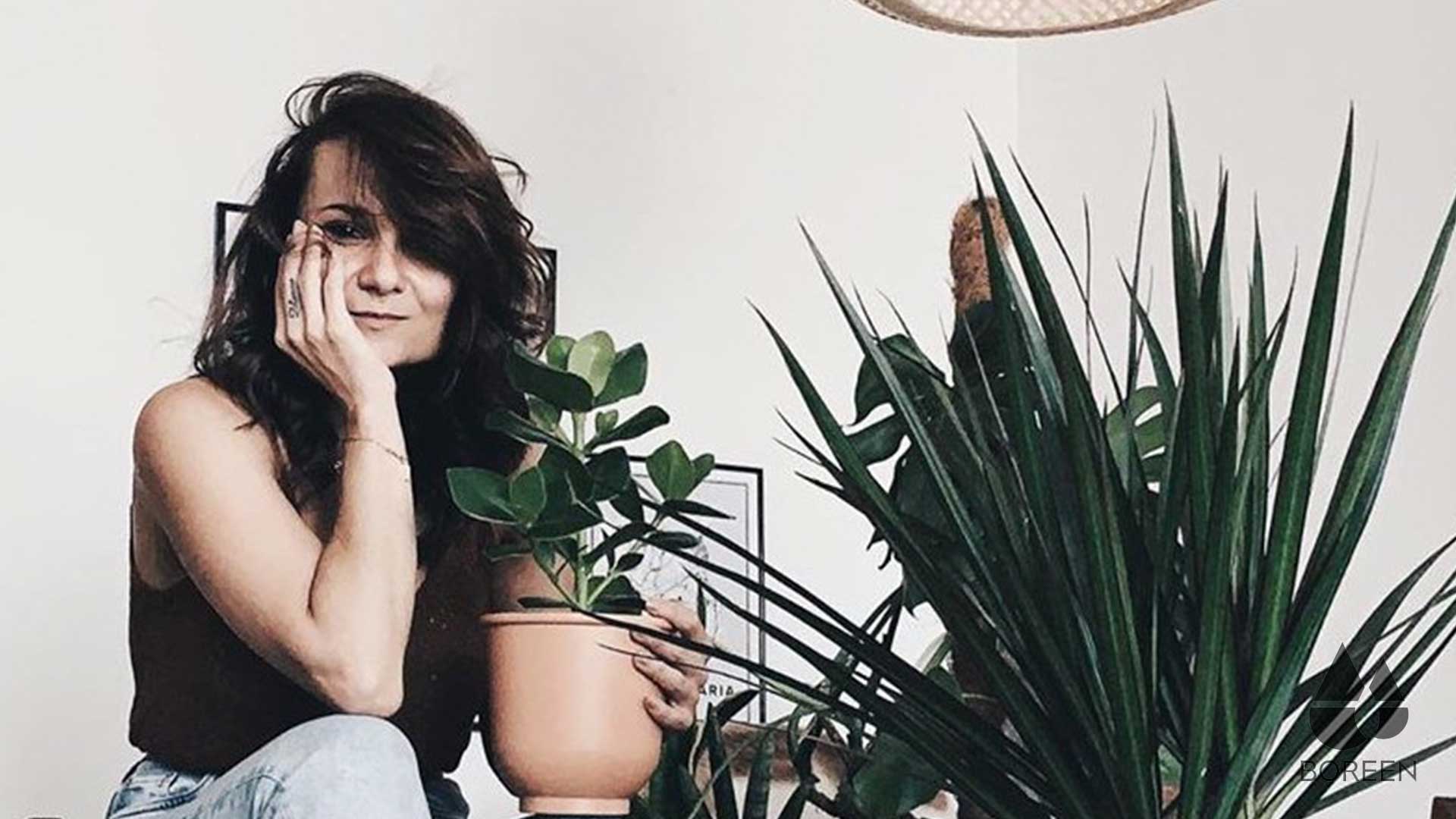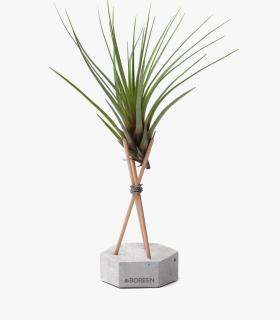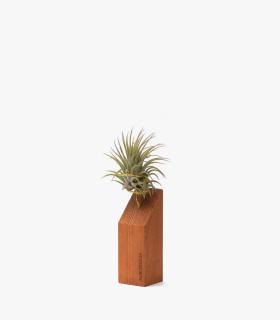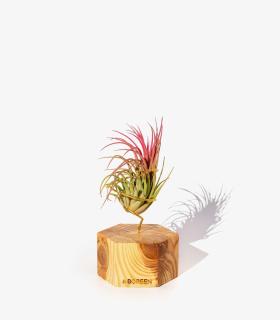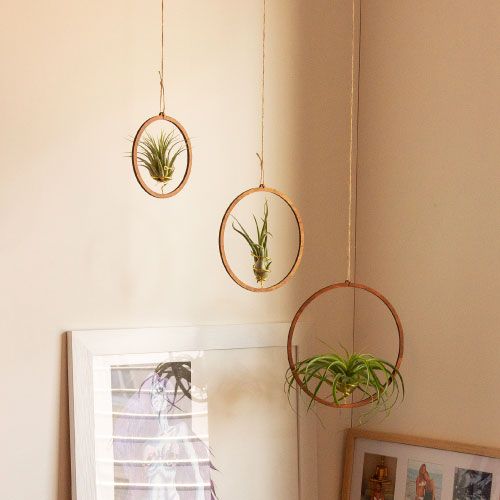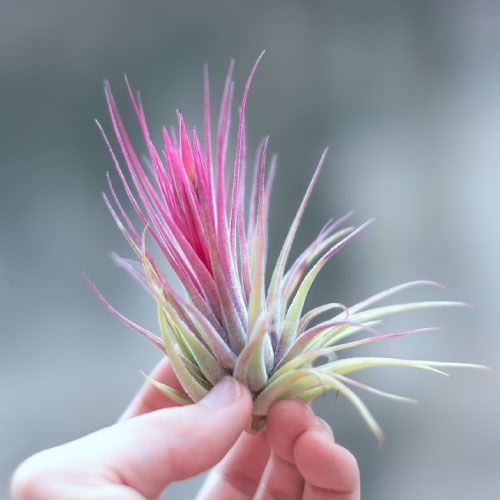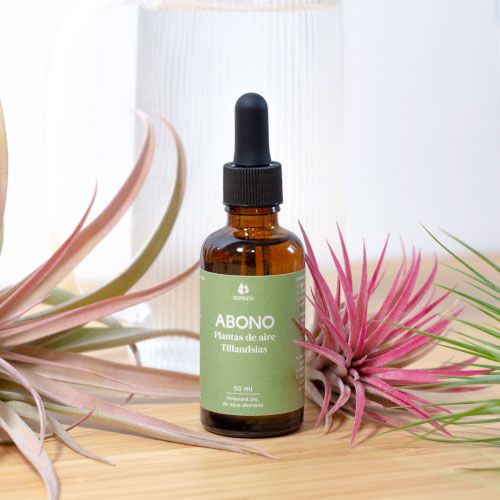Este sitio utiliza cookies para personalizar el contenido, anuncios, analizar el tráfico y ofrecer otras funciones. Además, compartimos información sobre el uso con nuestros partners de analítica y redes sociales, quienes pueden utilizarla y combinarla con otra información que les hayas proporcionado. Puedes cambiar tus preferencias con el botón configuración.
Legal notice
1. Purpose
This legal notice regulates the use and use of the website www.boreenshop.com, which is owned by KEVIN YUFE YOGUEL (hereinafter, THE OWNER OF THE WEB).
Browsing the website of THE OWNER OF THE WEB attributes the condition of USER of the same and implies its full and unreserved acceptance of each and every one of the conditions published in this legal notice, warning that these conditions may be modified without prior notification by THE OWNER OF THE WEB, in which case it will be published and notified as far in advance as possible.
It is therefore advisable to carefully read its content if you wish to access and make use of the information and services offered from this website.
The user, in addition, undertakes to make correct use of the website in accordance with the laws, good faith, public order, traffic uses and this Legal Notice, and will respond to THE OWNER OF THE WEB or to third parties, for any damages that may be caused as a result of the breach of said obligation.
Any use other than that authorized is expressly prohibited, and THE OWNER OF THE WEB may deny or withdraw access and use at any time.
2. Identification
THE OWNER OF THE WEB, in compliance with Law 34/2002, of July 11, Services of the Information Society and Electronic Commerce, informs you that:
· Its corporate name is: KEVIN YUFE YOGUEL
· Its CIF is: 47870871M
· Its registered office is at: C/ CAPELLA DE SANT JOAN, 9 - 08195 - SANT CUGAT DEL VALLÉS - BARCELONA
3. Communications
To communicate with us, we put at your disposal different means of contact that we detail below:
· Tel.: 627 46 88 92
· Email: info@boreenshop.com
All notifications and communications between users and OWNER OF THE WEB will be considered effective, for all purposes, when they are made through any of the means detailed above.
4. Conditions of access and use
The website and its services are freely accessible. However, OWNER OF THE WEB may condition the use of some of the services offered on its website to the prior completion of the corresponding form.
The user guarantees the authenticity and timeliness of all data communicated to OWNER OF THE WEB and will be solely responsible for false or inaccurate statements made.
The user expressly undertakes to make appropriate use of the contents and services of OWNER OF THE WEB and not to use them for, among others:
a) Disseminate content that is criminal, violent, pornographic, racist, xenophobic, offensive, advocating terrorism or, in general, contrary to law or public order.
b) Introduce computer viruses into the network or perform actions likely to alter, spoil, interrupt or generate errors or damage to the electronic documents, data or physical and logical systems of OWNER OF THE WEB or third parties; as well as hinder the access of other users to the website and its services through the massive consumption of computer resources through which OWNER OF THE WEB provides its services.
c) Try to access the email accounts of other users or restricted areas of the computer systems of OWNER OF THE WEB or third parties and, where appropriate, extract information.
d) Violate the rights of intellectual or industrial property, as well as violate the confidentiality of the information of OWNER OF THE WEB or third parties.
e) Impersonate the identity of any other user.
f) Reproduce, copy, distribute, make available to, or any other form of public communication, transform or modify the contents, unless you have the authorization of the owner of the corresponding rights or it is legally permitted.
g) Collect data for advertising purposes and to send advertising of any kind and communications for sales or other commercial purposes without your prior request or consent.
All the contents of the website, such as texts, photographs, graphics, images, icons, technology, software, as well as its graphic design and source codes, constitute a work whose property belongs to THE OWNER OF THE WEB, without any of the exploitation rights over them being understood to be transferred to the user beyond what is strictly necessary for the correct use of the web.
In short, users who access this website can view the contents and make, where appropriate, authorized private copies provided that the elements reproduced are not subsequently transferred to third parties, nor are they installed on servers connected to networks, nor are they subject to any type of exploitation.
Likewise, all trademarks, trade names or distinctive signs of any kind that appear on the website are the property of OWNER OF THE WEB, without it being understood that the use or access to it attributes to the user any right over them.
The distribution, modification, assignment or public communication of the contents and any other act that has not been expressly authorized by the owner of the exploitation rights are prohibited.
The establishment of a hyperlink does not imply in any case the existence of relations between OWNER OF THE WEB and the owner of the website on which it is established, nor the acceptance and approval by OWNER OF THE WEB of its contents or services.
OWNER OF THE WEB is not responsible for the use that each user gives to the materials made available on this website or the actions carried out based on them.
4.1. Exclusion of guarantees and liability in access and use
The content of this website is of a general nature and has a merely informative purpose, without fully guaranteeing access to all the contents, nor its completeness, correctness, validity or timeliness, nor its suitability or usefulness for a specific purpose.
OWNER OF THE WEB excludes, to the extent permitted by law, any liability for damages of any kind arising from:
a) The impossibility of accessing the website or the lack of veracity, accuracy, completeness and / or timeliness of the contents, as well as the existence of vices and defects of all kinds of the contents transmitted, disseminated, stored, made available, which have been accessed through the website or the services offered.
b) The presence of viruses or other elements in the contents that may cause alterations in computer systems, electronic documents or user data.
c) Failure to comply with the laws, good faith, public order, traffic uses and this legal notice as a result of the incorrect use of the website. In particular, and by way of example, OWNER OF THE WEB is not responsible for the actions of third parties that violate intellectual and industrial property rights, business secrets, rights to honor, personal and family privacy and self-image, as well as the regulations on unfair competition and illegal advertising.
Likewise, OWNER OF THE WEB declines any responsibility regarding the information that is outside this website and is not managed directly by our webmaster. The function of the links that appear on this website is exclusively to inform the user about the existence of other sources capable of expanding the contents offered by this website. OWNER OF THE WEB does not guarantee nor is responsible for the operation or accessibility of the linked sites; nor does it suggest, invite or recommend the visit to them, so it will not be responsible for the result obtained. OWNER OF THE WEB is not responsible for the establishment of hyperlinks by third parties.
4.2. Procedure in case of carrying out activities of an illicit nature
In the event that any user or third party considers that there are facts or circumstances that reveal the illicit nature of the use of any content and / or the performance of any activity on the web pages included or accessible through the website, you must send a notification to OWNER OF THE WEB duly identifying and specifying the alleged infractions.
4.3. Publications
The administrative information provided through the website does not replace the legal publicity of the laws, regulations, plans, general provisions and acts that have to be formally published in the official journals of the public administrations, which constitute the only instrument that attests to their authenticity and content. The information available on this website should be understood as a guide for no purpose of legal validity.
5. Applicable law
The present conditions will be governed by the Spanish legislation in force.
The language used will be Spanish.
